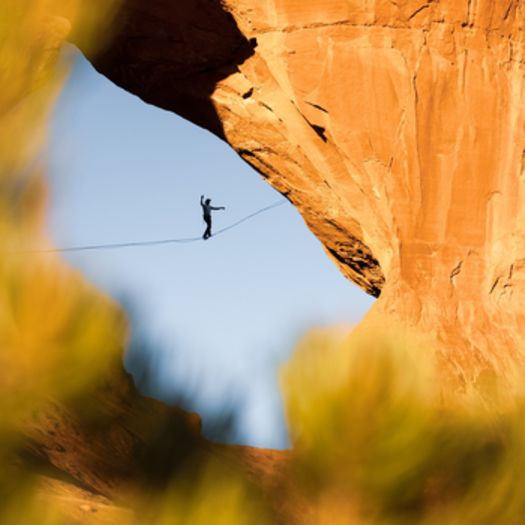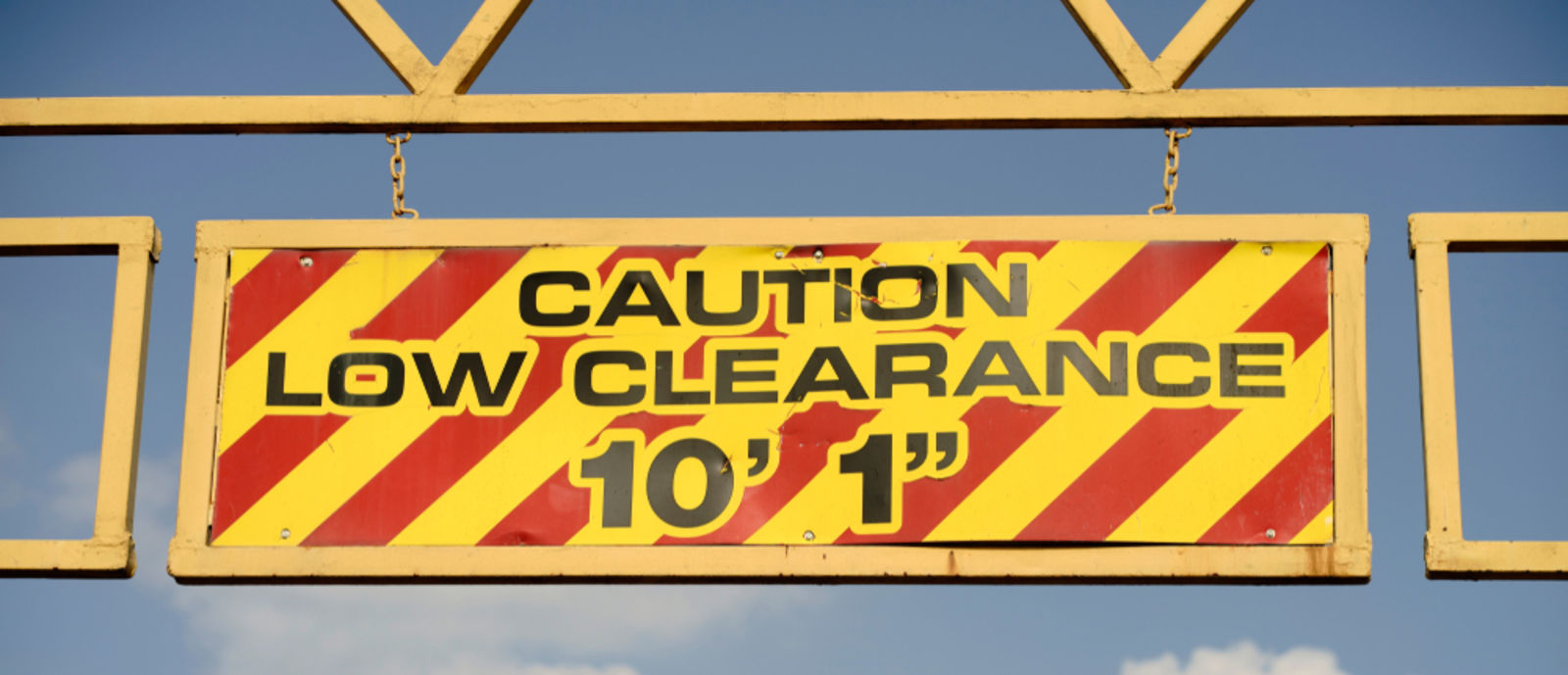Starting your RV journey can be as exciting as it is overwhelming. Whether you’re renting your first rig or finally hitting the road with your newly purchased RV, you’re bound to have questions. That’s why Matt Light—former NFL player turned RVing enthusiast—and the Go RVing team created the RV Newbie Toolkit video series to provide practical, beginner-friendly tips.
Q: What should I do if something goes wrong with my RV on the road?
A: You can prepare ahead of time by researching local repair services before you leave. When making a campground reservation, ask the staff if they have a list of reliable mobile techs or repair shops nearby. Save these numbers in your phone or trip folder so you’re not scrambling during an emergency. Most RV issues don’t happen during business hours, so having a backup plan in place is key.
You can also look into mobile RV service networks and roadside assistance memberships such as Coach-Net or Good Sam Roadside Assistance. These services can connect you to help quickly when you’re in a pinch.
Q: How do I prepare for the weather while RVing?
A: Weather can change quickly—and severe weather can do serious damage to your RV setup. That’s why checking the forecast regularly is so important. If thunderstorms are predicted, retract your awning, secure pop-up tents, and stow any loose outdoor gear before you leave the site or go to sleep. RV awnings can be damaged or torn off completely by strong winds, and unsecured gear can become dangerous projectiles.
If you’re staying in one place for a while, consider a weather app with real-time alerts like WeatherBug or NOAA. This way, you’ll know when to take cover or start prepping your site.
Q: How can I avoid damaging my RV when driving under low bridges or structures?
A: One of the most expensive mistakes a new RVer can make is underestimating the height of their vehicle. Before you hit the road, measure the height of your RV from the ground to the highest point (usually the top of the air conditioning unit). If you’re renting, ask the rental company for the exact height and write it down—tape it to your dashboard or steering wheel so you don’t forget.
Be on the lookout for clearance signs on bridges, tunnels, and gas station overhangs. Use an RV GPS or a GPS app with truck/RV routing like RV LIFE or CoPilot GPS, which can help you avoid low-clearance areas altogether.
Related: The 8 Best RV Navigation Apps For A Smooth And Safe Road Trip | Go RVing
Q: Do I need to worry about WiFi and entertainment on the road?
A: While it’s nice to unplug, let’s face it: you’ll likely want some connectivity—especially if you’re traveling with kids. Many campgrounds offer WiFi, but it’s often unreliable. Consider investing in a portable hotspot device or cellular router with a data plan from a major carrier to create your own internet connection wherever you go.
For entertainment, streaming is easier than ever with devices like Roku, Fire Stick, or Apple TV. Just make sure your RV TV has an HDMI input and test your setup at home before your trip. If you’re planning to use campground cable hookups, bring a coaxial cable and know how to switch your RV TV settings from antenna to cable mode.
For more great tech tips, check out 11 of the Best RV RV Trip Planning Apps for 2025.
Q: How can I avoid making rookie mistakes?
A: The best defense against RV mishaps is education and preparation. Here are some additional pro tips:
- Run a mock setup in your driveway before your first trip. This includes testing your power, water, and sewer hookups.
- Use a checklist every time you arrive at or leave a campsite. It's easy to forget simple things like unplugging power cords or lowering your TV antenna.
- Keep tools and essentials in your RV—like gloves, water pressure regulators, leveling blocks, and a surge protector.
- Talk to other RVers. Campground neighbors are often happy to help or share advice from their own experiences.
Final Thoughts
RVing is one of the most rewarding ways to travel, explore nature, and make unforgettable family memories. But like anything new, it comes with a learning curve. Hopefully, this RV Newbie Toolkit series will help you avoid frustrating (or expensive) mistakes.
Watch the full Newbie Toolkit series on Go RVing’s YouTube Channel to boost your confidence and get road-ready.












